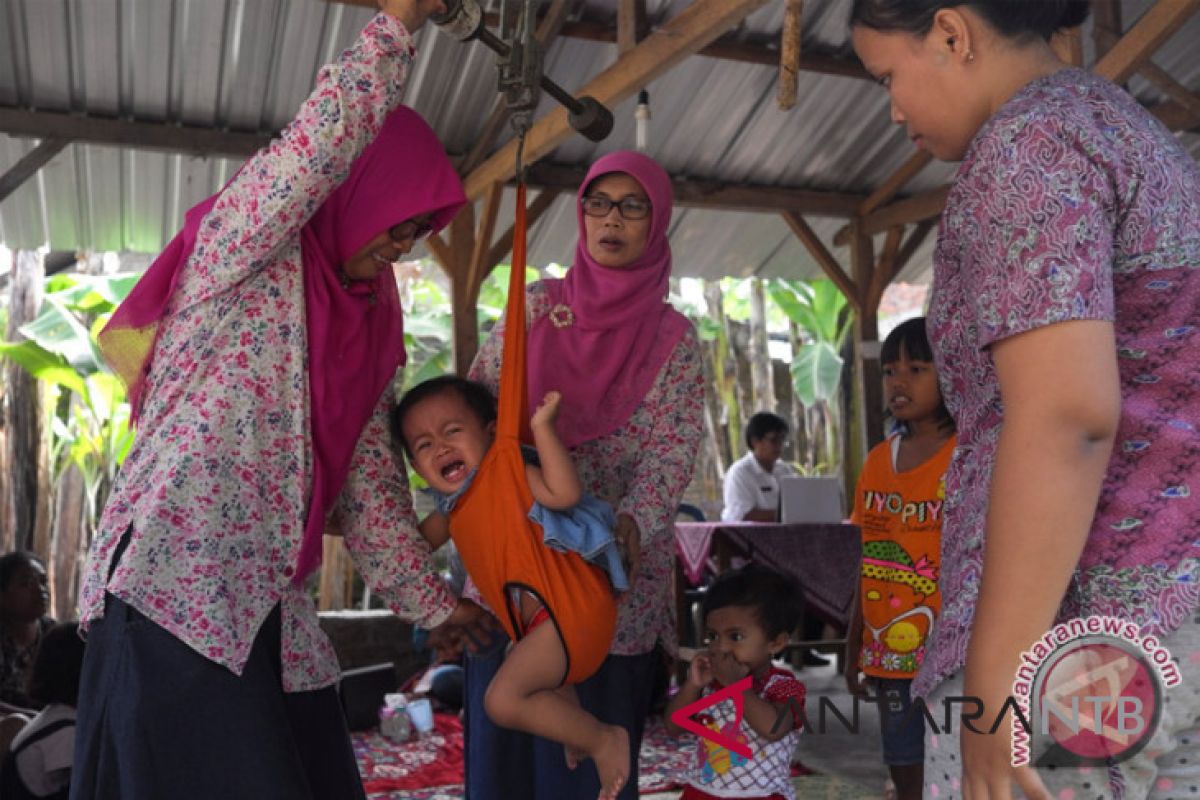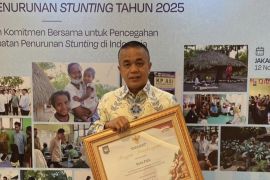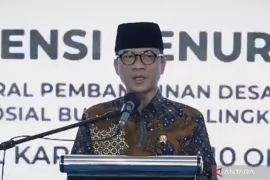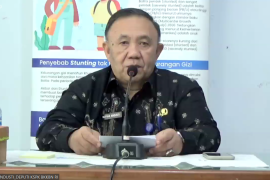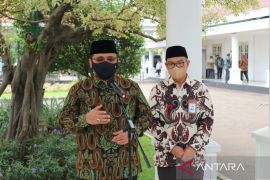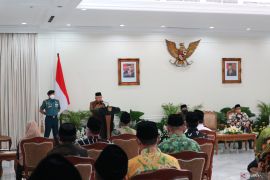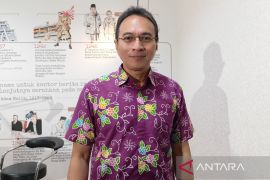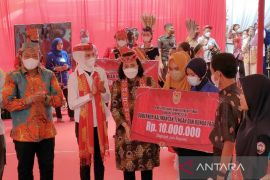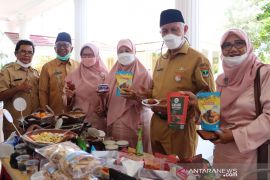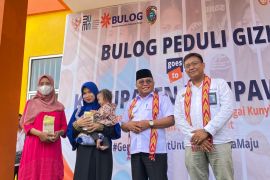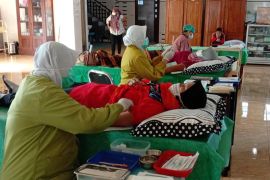"The Indonesian government has made the program to prevent the stunting of pygmy children a national priority, and developed a national strategy that also supports the achievement of Sustainable Development Goals (SDGs)," said Pungkas Bahjuri Ali, Director of Community Health and Nutrition of the National Development Planning Agency, in a statement received here on Wednesday.
He said pygmy children are a major threat to human development in Indonesia due to their reduced productivity when they are adults.
The visit, held on 21-24 May 2019 in the framework of South-South Cooperation, was attended by government officials, consisting of nine delegates from Timor Leste led by Odete da Silva Viegas, General Director for Health Services Delivery, Ministry of Health, and eight delegates from Cambodia, led by HE Prak Sophonneary of the Cambodian State Secretariat.
The visit of the delegations of the two countries began with a workshop in Jakarta on May 20-21, led by the Ministry of National Development Planning / Bappenas and the Secretariat of the Vice President of the Republic of Indonesia. The next visit was to observe the success of West Lombok District in implementing national priorities on May 22-23.
West Lombok is one of 100 districts / cities prioritizing the prevention of stunting, and it has succeeded in reducing the prevalence of incidents from 45.9 percent in 2013 to 28.7 percent in 2018, according to the 2018 Basic Health Research by the Ministry of Health.
In 2018, the number of children exclusively breastfeeding in West Lombok District had reached 80 percent. Meanwhile, some 90 percent of households now have access to clean water and some 91.5 percent of households have proper sanitation.
Data obtained from e-posyandu, a community based vehicle to improve child survival and development in West Lombok, noted that the prevalence of stunting dropped from 28.9 percent in 2018 to 25.2 percent in 2019.
Chairperson of the Policy Working Group of the National Team for the Acceleration of Poverty Reduction (TNP2K) Elan Satriawan said the implementation of multi-sector interventions needs to be brought together at the central, regional and village levels by harmonizing planning, budgeting, implementing, monitoring and controlling activities.
"Learning from experiences in various other countries, the President and Vice President are committed to directly leading the efforts to prevent stunting through comprehensive and convergent actions in order to accelerate the decline of stunting," Elan said.
While in West Lombok, the delegation saw the role and involvement of the Human Development Cadre (KPM) in prioritizing the handling of stunting in the health centers, and posyandu as the spearhead of public health services.
In addition, the group visited Community-based Water and Sanitation Management (Pamsimas) and the Family Program (PKH) in Kuripan, Lingsar and Gunungsari sub districts.
These multi-sector programs are proven to have an impact on the quality of nutrition for infants.
Therefore, not only does providing access to nutritious food and other health services to people prevent stunting, but also access to clean water, as well as proper and clean latrines.
Translator: Bambang Purwanto
Editor: Sri Haryati
Copyright © ANTARA 2019
